The Artemis II Astronauts Check Out Their Ride to the Moon on This Week By NASA
Astronauts Check Out Their Ride to the Moon on This Week August 11 2023
The Artemis program encompasses several key components:
Orion Spacecraft: The Orion spacecraft is designed to carry astronauts to lunar orbit and beyond. It will serve as the crew module for deep space missions and will be launched atop the Space Launch System (SLS) rocket.
Space Launch System (SLS): SLS is a powerful rocket that will provide the necessary thrust to launch the Orion spacecraft and other payloads into deep space. It is designed to be one of the most capable launch vehicles ever built.
Lunar Gateway: The Lunar Gateway is a space station that will orbit the Moon, serving as a staging point for astronauts traveling to and from the lunar surface. It will also facilitate international collaboration in lunar exploration.
Human Landing System (HLS): The Human Landing System is a crucial component that will transport astronauts from the Lunar Gateway to the lunar surface and back. NASA is working with commercial partners to develop the HLS.
Artemis Missions: The Artemis missions will consist of a series of crewed lunar expeditions, with Artemis I being an uncrewed test flight of the Orion spacecraft and Artemis II being the first crewed mission of the program. Artemis III is planned to be the mission that lands astronauts on the lunar surface.
The Artemis program aims to achieve sustainable exploration of the Moon, including conducting scientific research, testing technologies, and preparing for future missions to Mars and beyond. It also focuses on involving a diverse group of astronauts, including women, in space exploration and inspiring the next generation of scientists, engineers, and space enthusiasts.
As of my last knowledge update in September 2021, the Artemis program was actively in development, but for the latest and most accurate information, I recommend checking NASA's official website or other reputable sources dedicated to space exploration.
-
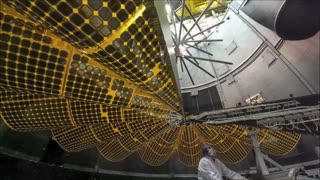 0:41
0:41
@NASA_GOVE_Video
9 months agoThe Artemis II Astronauts Check Out Their Ride to the Moon on This Week @NASA
24 -
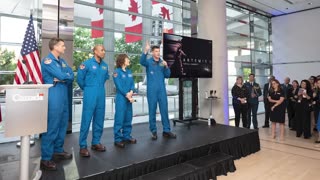 2:36
2:36
@NASA
8 months agoThe Artemis II Moon Mission Crew Visits D.C. on This Week @NASA – May 19, 2023
1 -
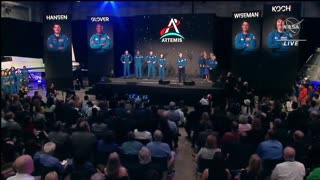 1:00:10
1:00:10
NASA Videos Plus
9 months agoMeet the Artemis II Astronauts who will be flying around the moon!
9 -
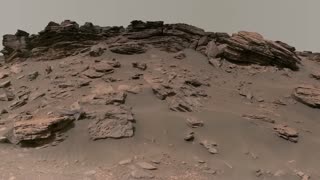 2:36
2:36
aliakram420
9 months agoIntroducing the Crew of Artemis || Moon Mission on this week week @Nasa
4 -
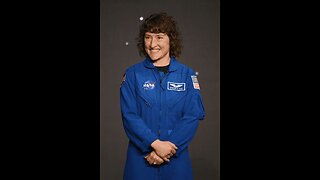 0:49
0:49
NASAspace01
9 months agoartemis astronauts first look at their lunar space craft
17 -
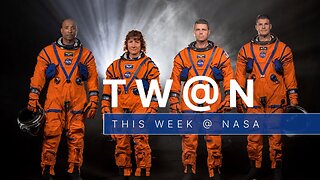 2:36
2:36
Nasa Videos
8 months agoIntroducing the Crew of our Artemis II Moon Mission on This Week
1 -
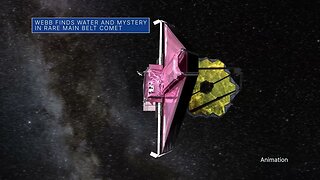 2:37
2:37
NASA ARCHIVES
1 year agoThe Artemis II Moon Mission Crew Visits D C on This Week NASA – May 19, 2023
40 -
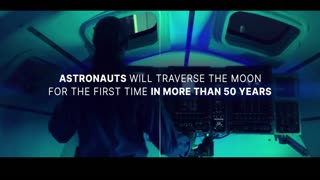 1:24
1:24
junior586
1 year agoNASA Explores the Moon
6 -
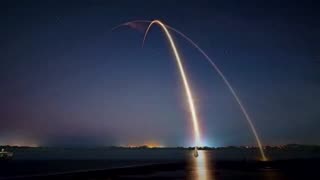 6:26
6:26
Sarah Snyder Trusts The Plan
7 months agoNASA "Artemis Moon Mission"
7692 -
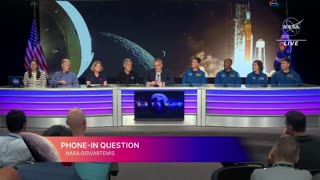 46:45
46:45
Mandeepsingh13
9 months agoNasa Artemis 2 Moon Mission
17